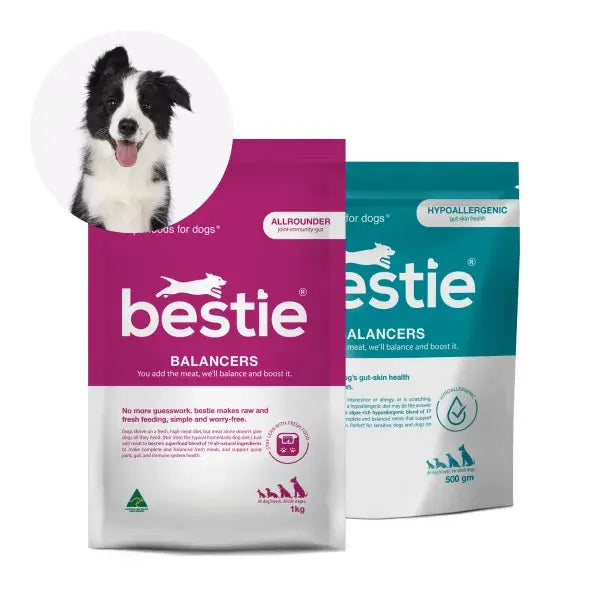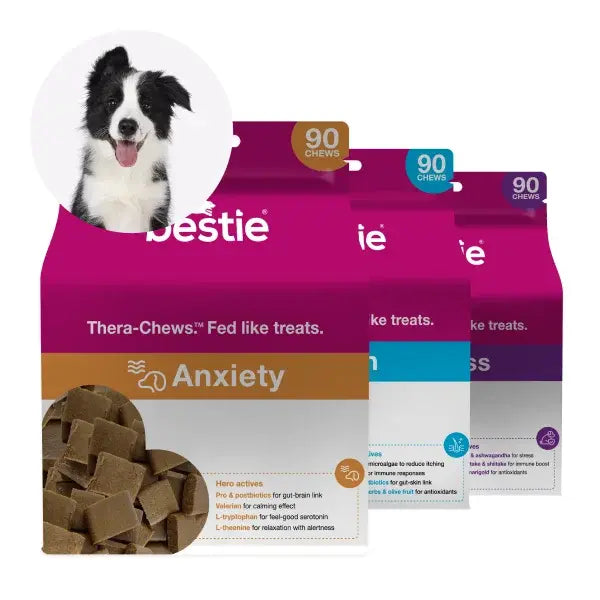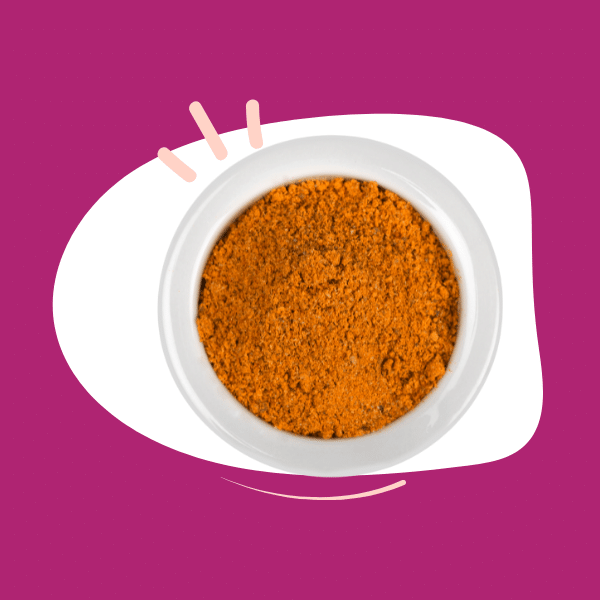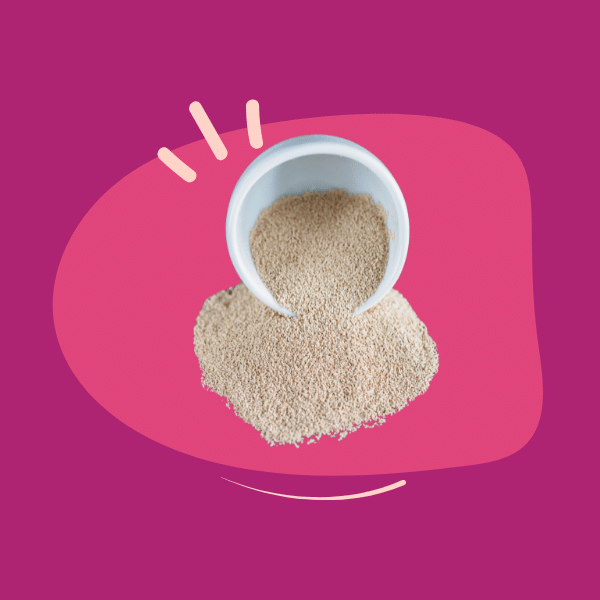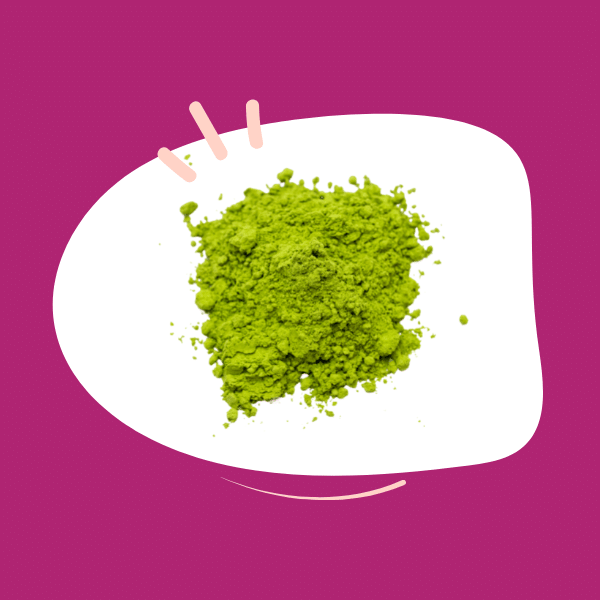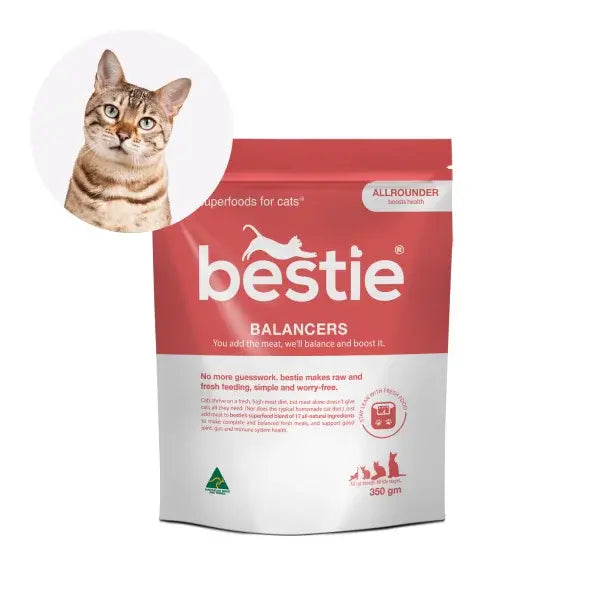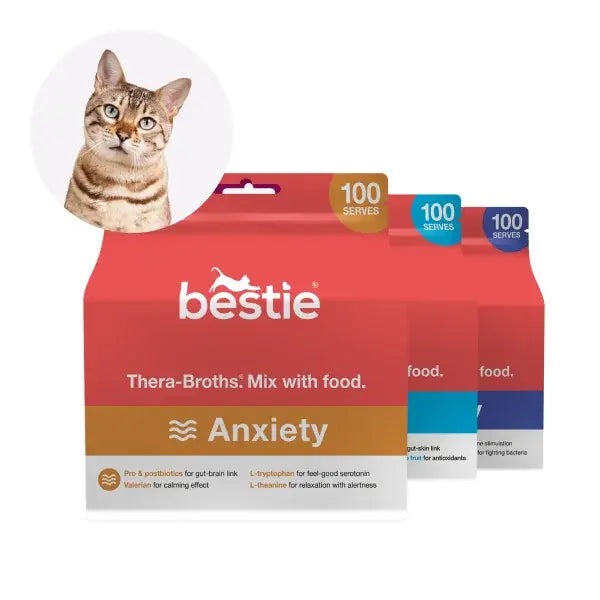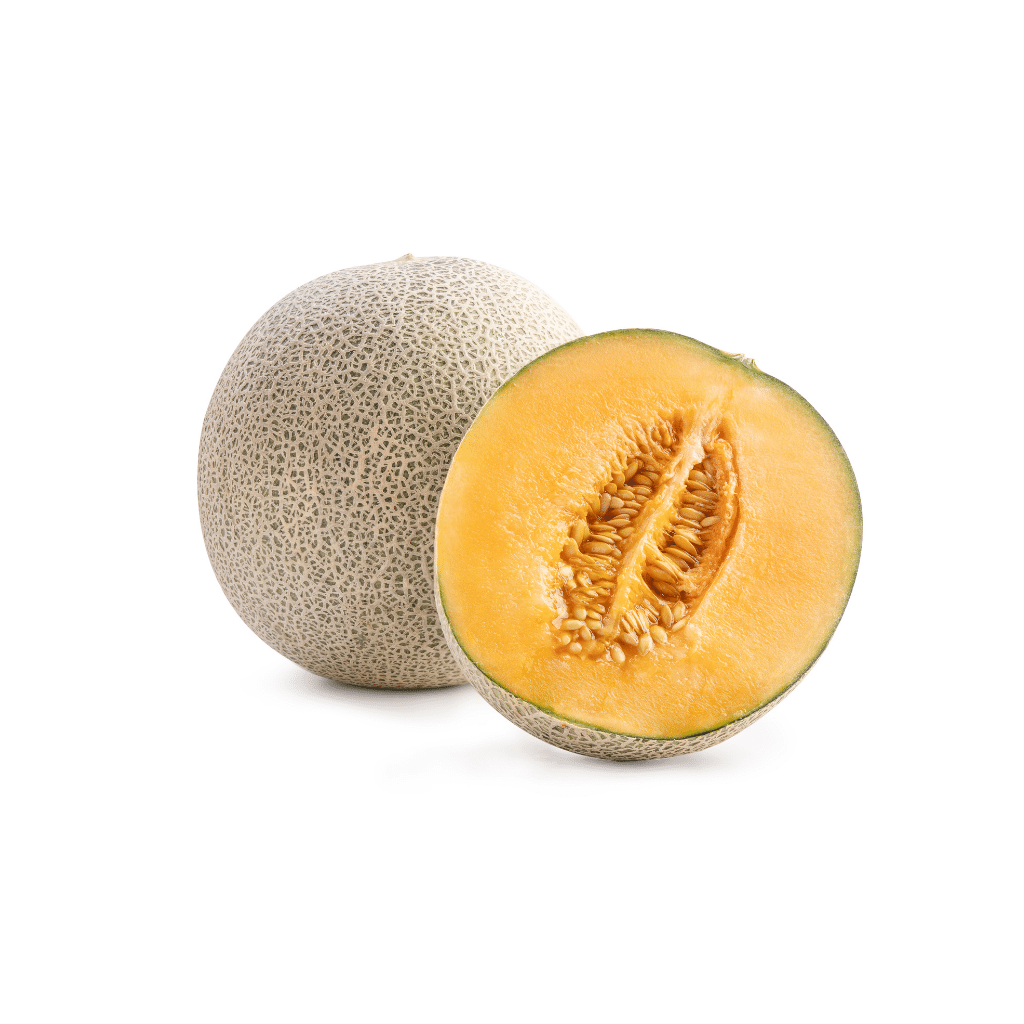In a nutshell:
-
Rock melon is packed with antioxidants such as carotene, beta-carotene, vitamins A and C.
-
The nutrients in rock melon have immune-boosting properties.
-
Rock melon can be given as an occasional healthy treat for dogs.
So yes, dogs can eat rock melon, but only in moderation. The nutrients in rock melon can be a healthy alternative to commercial dog treats. The juicy sweetness of rock melon is a refreshing treat for your dog any time of the year.
What Is Rock Melon?
Rock melon (Cucumis melo), is also called cantaloupe, sweet melon, or spanspek (South Africa). It’s a type of melon that belongs to the muskmelon species from the family Cucurbitaceae. 1
Rock Melon Is Packed With Antioxidants
Like other members of the melon family, rock melon has a high water content (about 90%). It is also rich in carbohydrates, protein, fat, B-vitamins, potassium, niacin, folate, and dietary fibre. Rock melon is packed with antioxidants, such as vitamin A, vitamin C, carotene, and beta-carotene.
Antioxidants can be beneficial for dogs with skin problems, allergies, eye disorders, and a variety of other medical issues that can affect their health and well-being. Senior dogs are also better protected against age-related conditions with a regular intake of antioxidants.
What Are Antioxidants?
Antioxidants combat free radicals and reduce cellular damage. Free radicals are by-products of metabolism in the body. Healthy dogs can normally handle free radicals, however, if there are too many free radicals in the body or if there are not enough antioxidants available to help with their elimination, these free radicals could wreak havoc on your dog’s health.
Carotene And Beta-Carotene Are Potent Antioxidants And Immune-Boosters
Carotene and beta-carotene are vitamin A precursors. This means they are essential to the synthesis of vitamin A in the body. These colourful pigments belong to a class of naturally occurring pigments synthesized by plants, algae, and photosynthetic bacteria. These richly coloured molecules are the sources of the yellow, orange, and red colours of many plants.2
In addition to their potent antioxidant function, carotene and beta-carotene also have immune-boosting properties. Several scientific studies have demonstrated how carotene-rich foods enhance immune system function and inhibit the development of certain types of cancer.
A 2003 study on the effects of dietary beta-carotene in dogs showed that carotene supplementation significantly restored immune responses in older dogs.3Dietary beta-carotene supplementation was also shown to heighten cell-mediated and humoral immune responses in dogs.4
Humoral immunity is the body’s major defense against extracellular (outside the cell) pathogens that are trying to invade the body. It is mediated by antibodies, so it’s also referred to as antibody-mediated immunity.
On the other hand, cellular-mediated immunity combats intracellular invaders, including cancer cells, through a process called phagocytosis.
Vitamin A
Vitamin A is a fat-soluble vitamin which essential for primarily supporting the health and integrity of eyes, skin, and mucous membranes. It also helps protect the body against environmental pollutants. It is a critical micro-nutrient for regulating immunity in many organisms. 5
Dogs with vitamin A deficiency can suffer from night blindness and other eye problems, increased susceptibility to infections, fatigue, and skin that’s rough, dry, and scaly.
Vitamin C
Vitamin C is a water-soluble antioxidant. Dogs can actually synthesize vitamin C in the liver. However, during stress or intense exercise, the requirement of vitamin C may exceed the synthetic capacity of the liver.
In some cases supplementation may offer health benefits because vitamin C helps neutralize free radicals in the body and preserve the potency of vitamin A and C from oxidation. Vitamin C also has immune-boosting properties by supporting the body’s production of antibodies which helps combat infections and some forms of allergies.
Fibre
A cup of cubed cantaloupe contains 1.4 grams of fibre. The fibre in cantaloupe is about 27 percent soluble fibre, so each cup contains approximately 0.4 gram of soluble fiber.9
Fibre promotes digestive health in dogs. Beneficial bacteria in your dog’s gut ferment fibre into fatty acids which are essential to maintaining balance in the gut and preventing the overgrowth of bad bacteria.6
Fibre also helps speed up the passage of digested food and waste materials through the digestive tract which may help reduce the risk of colon cancer. However the two types of fibre – soluble and insoluble – have different benefits.
Comparison Of Soluble Fibre And Insoluble Fibre
|
Parameters of Differentiation |
Soluble Fibre |
Insoluble Fibre |
|
Solubility in water |
Dissolves in water |
Doesn’t dissolve in water |
|
Solubility in digestive tract fluids (stomach and intestinal fluids) |
Soluble |
Not soluble |
|
Fermentability |
Highly fermentable (bacteria can convert the fibres into short-chain fatty acids. |
Some insoluble fibres can be fermented in the colon but they don’t produce as much gases as soluble fibres. |
|
Benefits |
|
|
|
|
|
|
Introducing Rock Melon To Your Dog
If it’s your dog’s first time eating rock melon, a gradual introduction is a key to prevent digestive upsets or even hypersensitive reactions.
When feeding your dog rock melon, offer a few bite-size pieces without the seeds or rind. The tough fibrous rind is hard to chew and is even harder to digest. Also, the rock melon rind can be a choking hazard or become impacted in your dog’s digestive tract.7 When swallowed, it may get stuck along any part of the dog’s gastrointestinal passage and cause an obstruction. This can mean expensive surgery to address.
An important thing to remember when giving rock melon to your dog is to make sure that the fruit’s outer surface is washed thoroughly to get rid of any chemical residue and/or pathogens that may be present. The rinds and seeds must be removed before slicing the rock melon into bite-sized pieces.
Even if your dog likes rock melon a lot, it should only be given as a special treat and not as a substitute for your dog’s regular meal.
How Much Rock Melon Is Enough For My Dog?
For dogs, rock melon is a tasty treat, which means a few bite-sized pieces will be enough to satisfy your dog’s cravings. Consuming too much rock melon can increase your dog’s risk for digestive upsets.
If vomiting, diarrhoea, lethargy, and other symptoms are exhibited by your dog after eating rock melon, consult with your veterinarian.
Why Rock Melon May Be Bad For Your Dog
Rock melon is high in sugar, thus it’s not recommended for diabetic dogs and those that are prone to piling on the pounds. For these dogs, a few bite-sized slices of rock melon can be an occasional treat.
References:
- Cantaloupe (n.d.).In Wikipedia. https://en.wikipedia.org/wiki/Cantaloupe.
- Linus Pauling Institute. 2016. α-Carotene, β-Carotene, β-Cryptoxanthin, Lycopene, Lutein, and Zeaxanthin, accessed 30 September 2021, <https://lpi.oregonstate.edu/mic/dietary-factors/phytochemicals/carotenoids#introduction>.
- Massimino, S et al. 2003. Effects Of Age And Dietary Beta-Carotene On Immunological Variables In Dogs. J Vet Intern Med. Nov-Dec 2003;17(6):835-42. doi: 10.1111/j.1939-1676.2003.tb02523.x.
- Chew, BP et al. 2000. Dietary Beta-Carotene Stimulates Cell-Mediated And Humoral Immune Response In Dogs. J Nutr. 2000 Aug;130(8):1910-3. doi: 10.1093/jn/130.8.1910.
- Liu, X. et al. 2014. Vitamin A Supplementation in Early Life Enhances the Intestinal Immune Response of Rats with Gestational Vitamin A Deficiency by Increasing the Number of Immune Cells. PLoS One. 2014; 9(12): e114934.
- Finlay, K. 2020. Benefits Of High-Fiber Dog Foods. American Kennel Club, accessed 30 September 2021, <https://www.akc.org/expert-advice/nutrition/benefits-high-fiber-dog-foods/>.
- Burke, A. 2018. Can Dogs Eat Cantaloupe?. American Kennel Club, accessed 30 September 2021 <https://www.akc.org/expert-advice/nutrition/can-dogs-eat-cantaloupe/>
- https://www.msdvetmanual.com/management-and-nutrition/nutrition-small-animals/nutritional-requirements-and-related-diseases-of-small-animals
- https://healthyeating.sfgate.com/cantaloupes-fiber-5116.html


